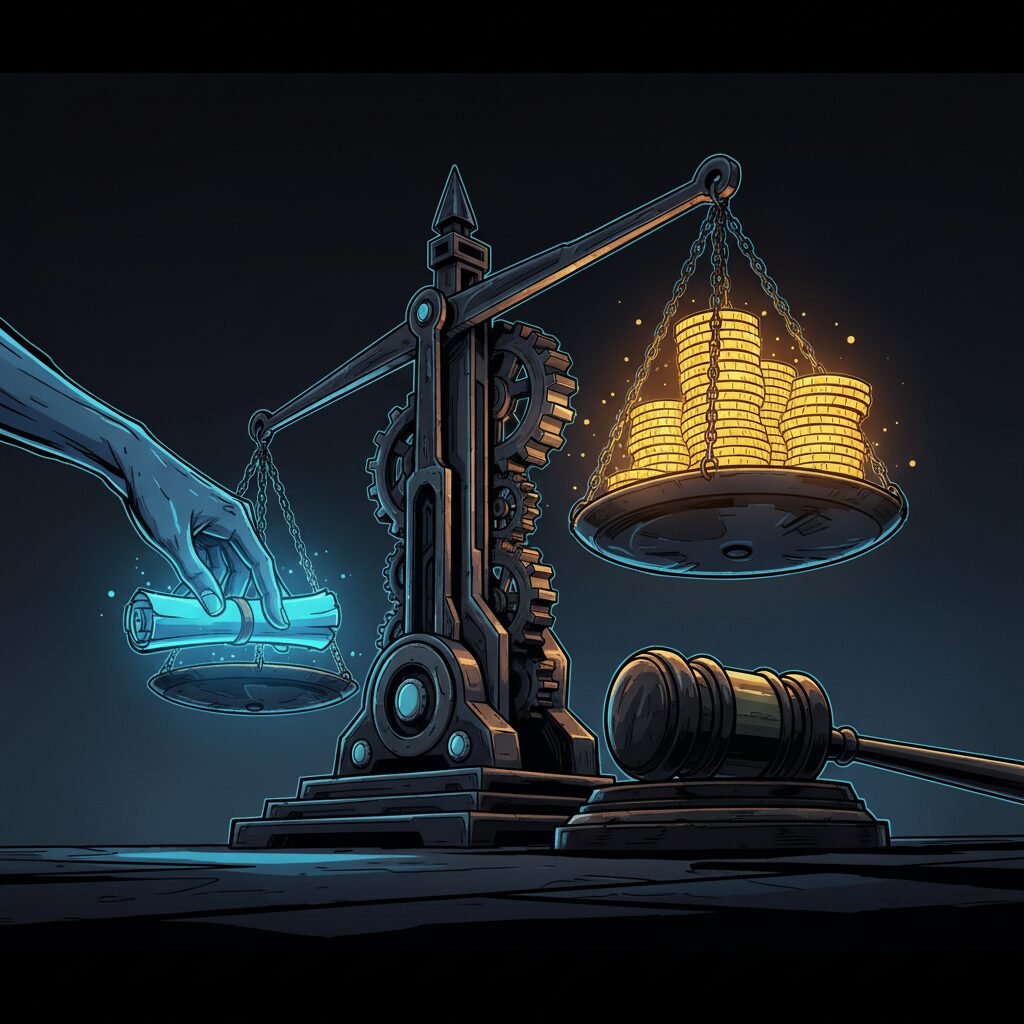Revolut, Blockchain.com, and Relai Secure Key EU Crypto Licenses

MiCA Framework Replaces Patchwork Regulations
Revolut, Blockchain.com, and the Swiss-based Bitcoin app Relai have officially secured licenses under the European Union’s Markets in Crypto-Assets (MiCA) framework. This move places them among the first wave of regulated crypto-asset service providers (CASPs) to operate under the bloc’s new, harmonized rulebook.
Before MiCA came into effect, firms could operate across Europe if they held a virtual asset service provider (VASP) registration in at least one member state. The new regime is designed to replace this national patchwork with a single, unified authorization. It establishes a uniform standard for consumer protection, prudential rules, and market integrity across all 30 jurisdictions of the European Economic Area (EEA).
Major Platforms Formalize European Operations
Each company secured its license from a different national regulator. Revolut, a fintech giant with over 65 million users, received its approval from the Cyprus Securities and Exchange Commission. The license allows it to market and deliver its full suite of crypto products across the entire EEA, building on the launch of its Revolut X trading interface earlier this year.
Blockchain.com obtained its authorization from the Malta Financial Services Authority. The company stated that the regulatory clarity provided by MiCA will enable it to expand its services, including digital-asset custody and institutional treasury tools, eliminating the legal fragmentation that previously existed between member states.
Meanwhile, Relai announced that its MiCA license was granted by the French Financial Markets Authority. The firm plans to prioritize its expansion into France before broadening its reach to the wider European market, positioning itself among the early movers in the new regulatory landscape.
A Broader Industry Shift Toward Compliance
These approvals highlight a significant trend, with major industry players choosing to opt into formal oversight rather than simply relying on the expiring transition period. Other prominent platforms, including Kraken, Gemini, and Bitvavo, have already obtained MiCA licenses, underscoring a broad shift to anchor EU operations under the unified framework.
The move toward regulatory clarity is seen as a major accelerator for the industry. By treating authorization as a competitive advantage for building trust and distribution, firms are signaling that the MiCA framework is becoming the baseline for serious operators in the European market. With custody, execution, and consumer access now governed by one set of rules, the stage is set for more streamlined, cross-border growth.








